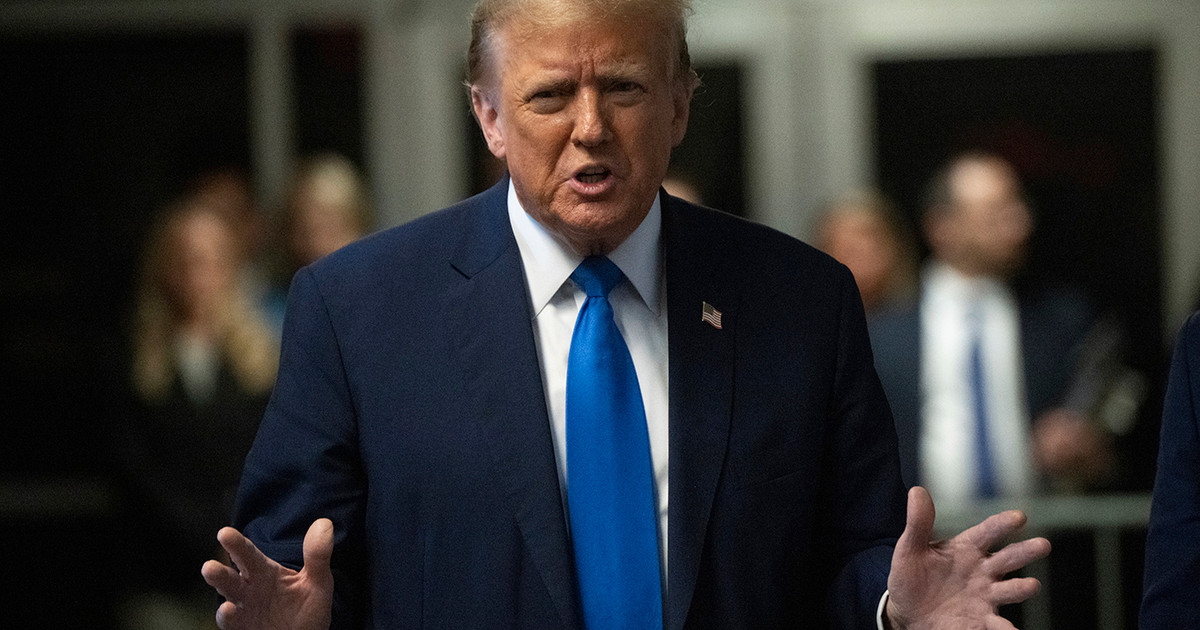The mood hanging over the financial markets is anxious and bleak, whether you’re a professional investor or a casual trader.
The CNN Business Fear & Greed Index is in “extreme fear” territory. According to the most recent survey by the American Association of Individual Investors, 49% of members believe the stock market will fall in the next six months, up from an all-time average of 31%.
And the latest Bank of America fund manager survey revealed an “extreme bearish May”.
Here’s a sign of just how deep the fear runs, as inflation soars, the Federal Reserve raises interest rates, and the war in Ukraine drags on: fund managers are holding their highest levels of cash since 9/11. September 2001.
According to Bank of America, about 6.1% of assets under management are being held as cash.
This compares to 5.9% in the early days of the coronavirus pandemic and 5.4% in the depths of the 2008 financial crisis, although still below the 8% cash level seen in 2001.
“With this daily price reduction, it’s not surprising that you’re seeing cash piling up,” said David Coombs, head of multi-asset investments at Rathbones.
Larger cash piles signal two key assumptions of asset managers, explained Coombs.
First, they think customers can keep going to the exits, and they want to make sure they have enough money to pay investors. Second, they think the market still needs to go down, and they want to be in a position to buy when they think it’s finally hitting its lows.
Coombs has been reducing his cash levels to buy short-term corporate bonds that he now believes are good value. Unlike many, he sees higher levels of cash “as a positive sign”.
His logic: It’s always darkest before dawn (although that’s my cliché, not his).
“Before markets can recover, you have to have very low expectations, because the recovery will come from a positive surprise,” Coombs said. “Obviously, you can’t have positive surprises unless everyone is really negative.”
He worked in many bear markets to play the game of trying to pay when stocks hit rock bottom, he added.
But he thinks the “positive surprise” could materialize when the Fed pulls back from interest rate hikes sooner than expected, as price increases dampen consumer demand and weaker markets raise financing costs. for companies.
“I think the Fed is quietly satisfied with what’s happening,” Coombs said.
Source: CNN Brasil
I am Sophia william, author of World Stock Market. I have a degree in journalism from the University of Missouri and I have worked as a reporter for several news websites. I have a passion for writing and informing people about the latest news and events happening in the world. I strive to be accurate and unbiased in my reporting, and I hope to provide readers with valuable information that they can use to make informed decisions.






